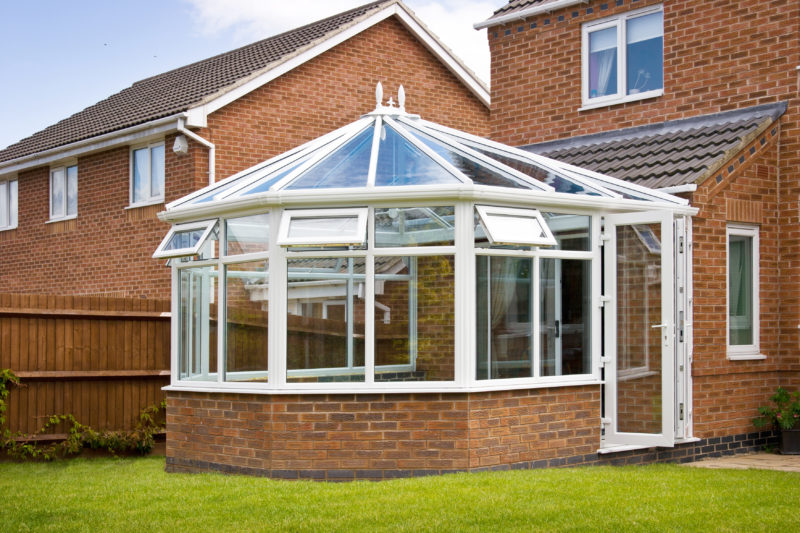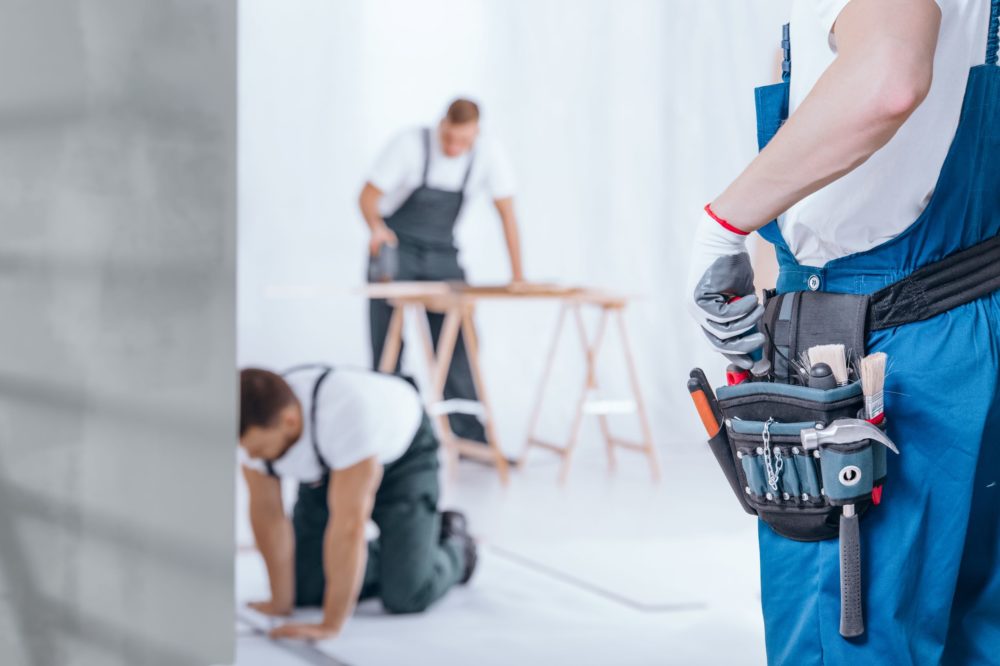Do you no longer love your home? Sometimes, we yearn for a change of scenery whether it’s moving to another town or city or moving to another country.
Do you no longer love your home? Sometimes, we yearn for a change of scenery whether it’s moving to another town or city or moving to another country. If this sounds like you, you have two choices – you can “sell up” or you can “do it up”. An increasing number of homeowners are choosing to “do it up” as we can see by the small number of houses in estate agents’ windows compared with just a few years ago.
Why is that? There are a number of different reasons, but we think the two biggest reasons are the “cost” and the “hassle.” We’ll cover what the costs are in a minute but, when a homeowner considering selling up steps back for a moment or two, they often realise that a few changes here or there to their current home would mean that they fall back in love with where they’ve lived for years.
Some of the improvements you make as well could provide you and your family with a bonanza in the form of a higher selling price for your property in a few years’ time if you choose to sell it later.
In this article, we look at the costs and the headaches of moving versus the costs and benefits of staying put.
What are the costs of moving home?
Moving is a very expensive and time-consuming exercise. Your home may be on the market for several months with countless tyre kickers wasting your time who have no real interest in buying from you. When you do finally find someone willing to part with their money, they will inevitably make you an insanely low offer and then you’ll have to go through a dance with them to meet somewhere in the middle.
There are two different sets of expenses to consider. These are the typical costs you’ll incur on a property priced at the UK national average of £226,906:
UK average costs of selling a home |
|
| Conveyancer | £500 |
| Energy Performance Certificate (EPC) production | £90 |
| Estate agent commission | £5,603 |
| House removals fee | £655 |
| TOTAL | £6,898 |
And these are the costs you’ll incur for purchasing your new home…
UK average costs of buying a home |
|
| Fee for mortgage valuation | £187 |
| Property surveyor fee | £460 |
| Conveyancer | £860 |
| Stamp duty land tax | £1,815 |
| TOTAL | £3,322 |
Added together, that’s over £10,000 worth of your cash spent paying the government and the people involved in your house sale and purchase. You could buy a decent car for that!

Most popular home improvements
Let’s look at two of the most popular types of energy saving installations first –central heating and insulation – followed by a quick look at an increasingly popular home improvement familiar to many households in North America and Scandinavia – the heat pump.
Central heating
The focal points of your central heating system are the boiler and the radiators. The boiler provides the hot water needed to flow to the radiators in each room providing the level of warmth you need to feel comfortable. If you’re installing a brand-new central heating system from scratch, you’re in complete control to determine where your radiators are situated and the heat they provide to each room. As our homes get smarter, you can also use programmers and thermostats for complete control and for maximum energy efficiency.
The larger your home or the more complex your installation, the higher the price will be.
Depending on the size of your central heating system and the efficiency of the system you’re replacing, you should save up to £275 a year on gas bills meaning that your system pays you back within 10-12 years.
Insulation
Costing between £285 and £775, cavity wall insulation stops a significant amount of the 35% of the heat loss from your home through your walls. According to the Energy Saving Trust, homeowners and tenants stand to benefit by between £45 and £280 a year in energy savings meaning that their installation will often pay for itself in less than six years.
Cavity wall insulation, even on larger properties, only takes an hour or two to install and you’ll feel the benefits straight away. We’ve already seen how a new boiler can save you up to £275 a year in utility bills and cavity wall insulation will compound those savings year on year.
In addition to its heat and energy saving benefits, insulation can also reduce noise coming in from the outside, great if you live near to a main road or a school.
Heat pumps
Did you know that the ground under your feet in your garden and under the paving stones in your garden retain the heat of the sun for years? The difference between the temperature you feel above ground and the temperature just a few feet below can be significant. Ground source heat pumps exploit that to provide hot water and heating to your home.
It can cost between £9,500 and £19,000 to install a ground source heat pump on your property but the good news is that ground source heat pumps are eligible for the government’s Renewable Heat Incentive scheme.
A ground source heat pump replaces a standard gas central heating system. Ground source heat pumps are not suitable for all types of home. Make sure that you speak to an installer about the benefits a ground source heat pump will deliver in your circumstances and seek advice on whether this is the better option for you.
A conservatory or a glass room
The most popular type of conservatories in the UK are lean-to conservatories, so-called because of the three walls of the conservatory “lean to” your home. A beautiful angled roof then completes the effect. You can have a conservatory installed on your home for as little as £5,000. The Conservatory prices you pay will depend on the size of your conservatory, the style of conservatory, and any extras and flourishes you add to it. “Glass rooms are also becoming more and more popular. They increase the space in your home, add value and style to your property. Elegant glass rooms enable panoramic views of your garden.” states The Outdoor Living Group.
Conservatories are available in many different styles and they’re highly personalisable – speak to a professional installer about how you want your conservatory to look and feel and you’ll find that virtually anything is possible.

Don’t move – choose quality local tradespeople to improve your home!
There are plenty of options to choose from when improving your home. Moving is time-consuming and expensive and, having been through it yourself before, it requires a great deal of thought and consideration before you pick up the phone and call an estate agent.



















































































































COMMENTS